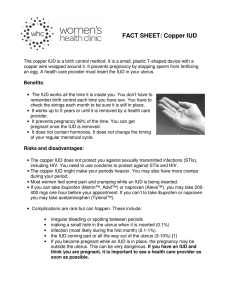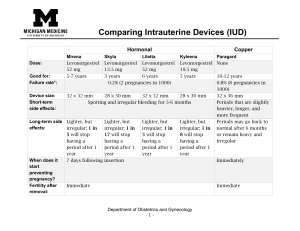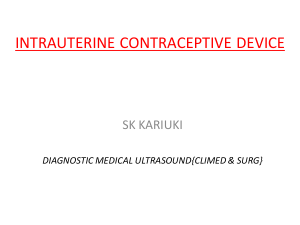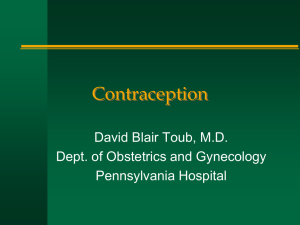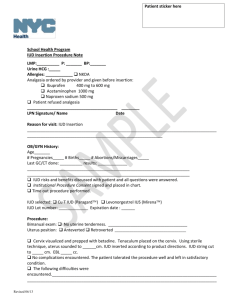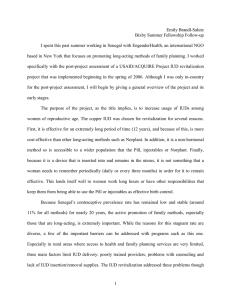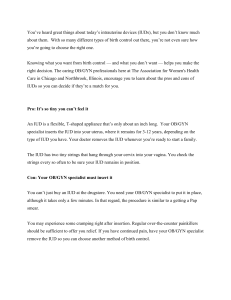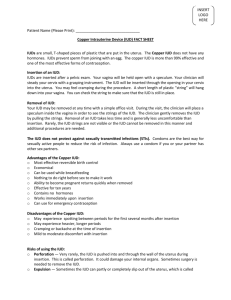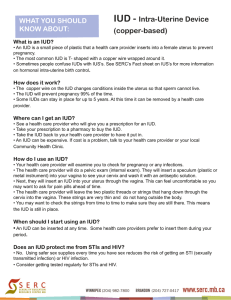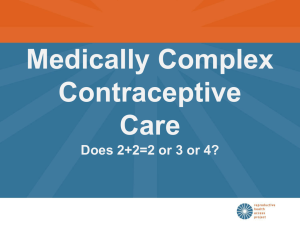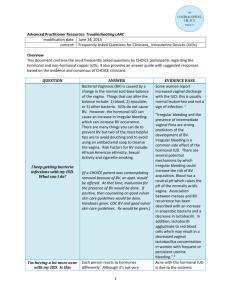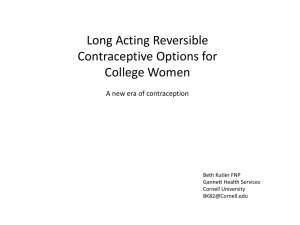Homework 1 - due 10/4/99
advertisement
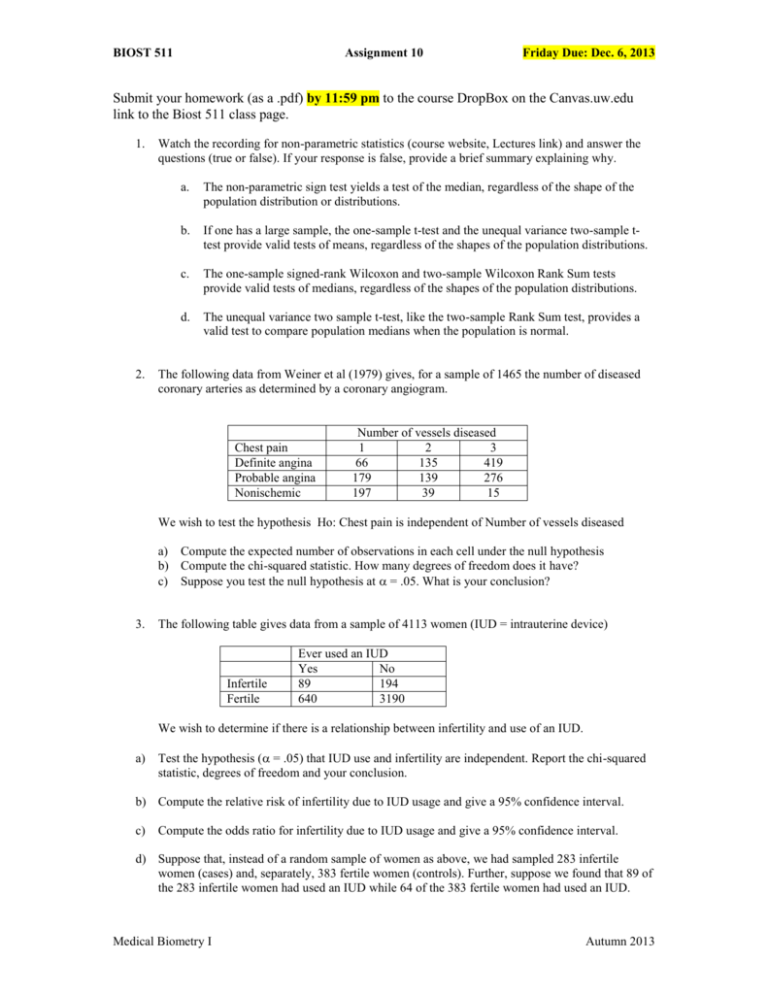
BIOST 511 Assignment 10 Friday Due: Dec. 6, 2013 Submit your homework (as a .pdf) by 11:59 pm to the course DropBox on the Canvas.uw.edu link to the Biost 511 class page. 1. 2. Watch the recording for non-parametric statistics (course website, Lectures link) and answer the questions (true or false). If your response is false, provide a brief summary explaining why. a. The non-parametric sign test yields a test of the median, regardless of the shape of the population distribution or distributions. b. If one has a large sample, the one-sample t-test and the unequal variance two-sample ttest provide valid tests of means, regardless of the shapes of the population distributions. c. The one-sample signed-rank Wilcoxon and two-sample Wilcoxon Rank Sum tests provide valid tests of medians, regardless of the shapes of the population distributions. d. The unequal variance two sample t-test, like the two-sample Rank Sum test, provides a valid test to compare population medians when the population is normal. The following data from Weiner et al (1979) gives, for a sample of 1465 the number of diseased coronary arteries as determined by a coronary angiogram. Chest pain Definite angina Probable angina Nonischemic Number of vessels diseased 1 2 3 66 135 419 179 139 276 197 39 15 We wish to test the hypothesis Ho: Chest pain is independent of Number of vessels diseased a) Compute the expected number of observations in each cell under the null hypothesis b) Compute the chi-squared statistic. How many degrees of freedom does it have? c) Suppose you test the null hypothesis at = .05. What is your conclusion? 3. The following table gives data from a sample of 4113 women (IUD = intrauterine device) Infertile Fertile Ever used an IUD Yes No 89 194 640 3190 We wish to determine if there is a relationship between infertility and use of an IUD. a) Test the hypothesis ( = .05) that IUD use and infertility are independent. Report the chi-squared statistic, degrees of freedom and your conclusion. b) Compute the relative risk of infertility due to IUD usage and give a 95% confidence interval. c) Compute the odds ratio for infertility due to IUD usage and give a 95% confidence interval. d) Suppose that, instead of a random sample of women as above, we had sampled 283 infertile women (cases) and, separately, 383 fertile women (controls). Further, suppose we found that 89 of the 283 infertile women had used an IUD while 64 of the 383 fertile women had used an IUD. Medical Biometry I Autumn 2013 BIOST 511 Assignment 10 Friday Due: Dec. 6, 2013 Compute the relative risk and odds ratio for these data. Which is a better estimate of the true relative risk of infertility due to IUD usage? Why? Medical Biometry I Autumn 2013
